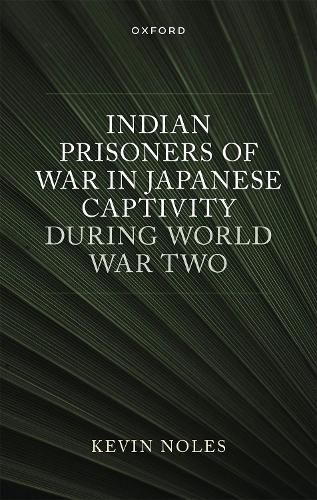Readings Newsletter
Become a Readings Member to make your shopping experience even easier.
Sign in or sign up for free!
You’re not far away from qualifying for FREE standard shipping within Australia
You’ve qualified for FREE standard shipping within Australia
The cart is loading…






During World War Two some 67,000 Indian personnel of the British Indian Army were captured by Imperial Japanese forces, including a large number at the surrender of Singapore in February 1942. This book, the first of its kind, critically examines why these colonial Prisoners of War (POW) were largely forgotten in the post-war period, and therefore represents a case study in the formation of British wartime historical memory. It addresses three questions, relating to the impact of evidence that some Indian prisoners were disloyal, the role of British colonial propaganda in shaping later memory of Indian prisoners, and the unavailability of important documentary sources. It argues that the process of forgetting can be understood in terms of three active memory practices, namely: suppression; obscuration; and selection. Examples of how each of these have impacted British memory of Indian prisoners are provided. These practices acted in a colonial context within which a pertinent element was a
$9.00 standard shipping within Australia
FREE standard shipping within Australia for orders over $100.00
Express & International shipping calculated at checkout
During World War Two some 67,000 Indian personnel of the British Indian Army were captured by Imperial Japanese forces, including a large number at the surrender of Singapore in February 1942. This book, the first of its kind, critically examines why these colonial Prisoners of War (POW) were largely forgotten in the post-war period, and therefore represents a case study in the formation of British wartime historical memory. It addresses three questions, relating to the impact of evidence that some Indian prisoners were disloyal, the role of British colonial propaganda in shaping later memory of Indian prisoners, and the unavailability of important documentary sources. It argues that the process of forgetting can be understood in terms of three active memory practices, namely: suppression; obscuration; and selection. Examples of how each of these have impacted British memory of Indian prisoners are provided. These practices acted in a colonial context within which a pertinent element was a